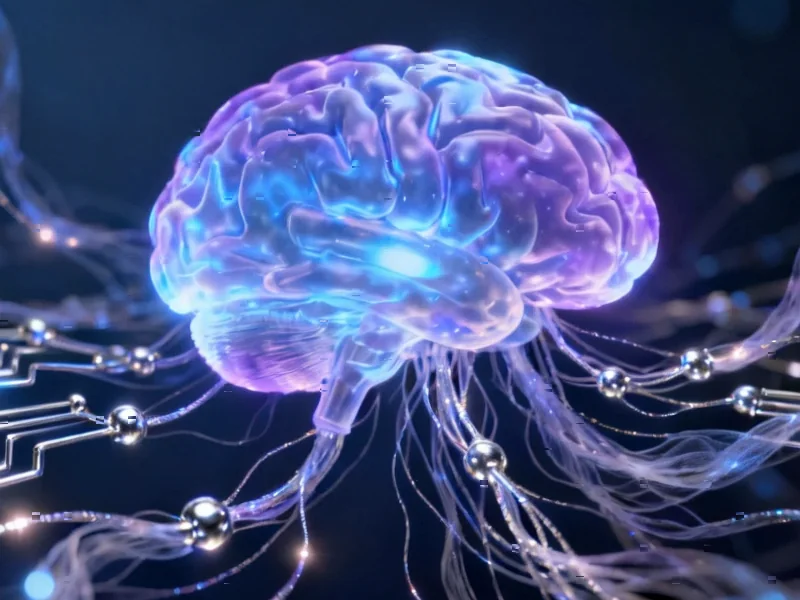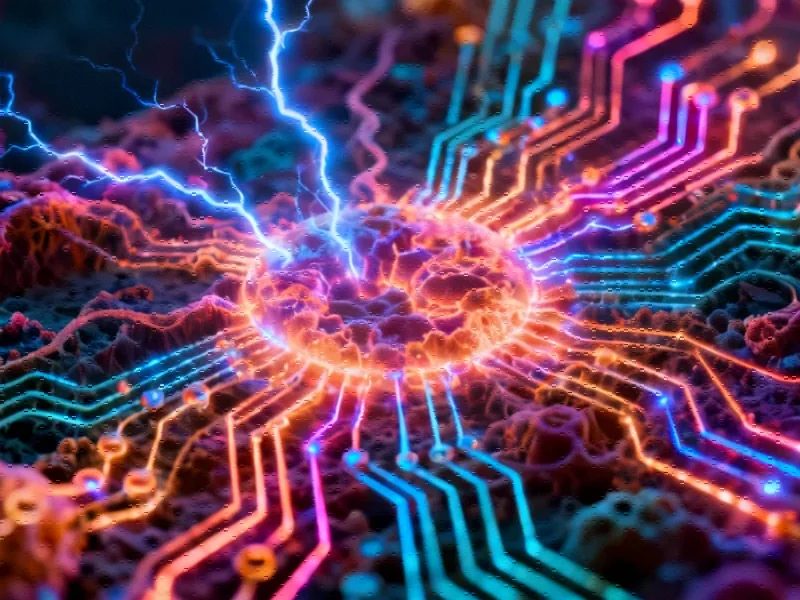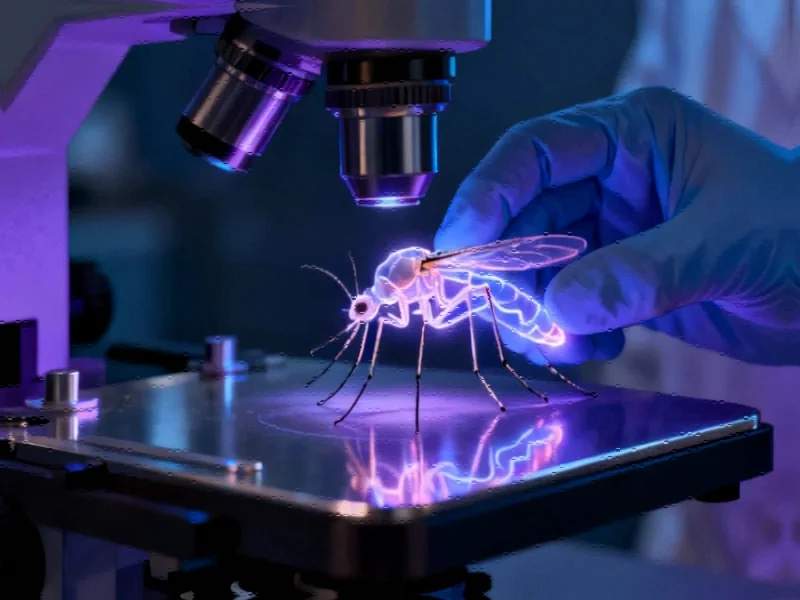The Quantum Mind Hypothesis
In a radical departure from conventional neuroscience, leading researchers are proposing that consciousness might originate at the quantum level—and they believe the key to proving this lies in entangling human brains with quantum computers. This revolutionary approach, championed by Google Quantum AI Lab director Hartmut Neven, suggests that our current understanding of consciousness as merely a byproduct of neural activity might be fundamentally incomplete. The implications of this research could transform everything from treating neurological disorders to expanding human perception beyond its current limitations.
The Experimental Framework
Neven’s proposal, detailed in the peer-reviewed journal Entropy, builds on the assumption that our brains contain quantum bits (qubits)—the fundamental units of quantum information. According to his team’s calculations, if researchers could successfully entangle these biological qubits with those in a quantum computer, they could create what’s termed an “expanded quantum superposition.” This would theoretically result in participants reporting significantly richer subjective experiences, providing direct evidence for quantum consciousness.
“If you could couple your brain with a quantum computer, achieving entanglement between the brain and the computer, you could expand your consciousness,” explains Christof Koch, PhD, co-author of the paper and a prominent consciousness researcher. This expansion wouldn’t physically enlarge the brain but would instead enhance perception in ways comparable to psychedelic experiences—potentially leading to unprecedented levels of creativity, understanding, and cognitive ability.
Building on Controversial Foundations
The quantum consciousness theory traces its origins to English mathematician Roger Penrose’s groundbreaking 1989 work, The Emperor’s New Mind. Penrose’s Orchestrated Objective Reduction (Orch OR) theory first proposed that classical physics couldn’t fully explain consciousness and that quantum processes must be involved. However, Neven’s approach represents a significant departure from Penrose’s original framework.
“When Penrose associated conscious moments with the collapse of superpositions, this opened the possibility of faster-than-light communication, which goes against fundamental rules of physics,” Neven told New Scientist. “I don’t like this—I’m the more orthodox physicist on this point. But if, instead, we say that a conscious moment is experienced when a superposition forms, not when a superposition collapses, then this challenge with faster-than-light communication goes away.”
Practical Applications and Medical Implications
Beyond theoretical physics, this research could have profound practical applications. According to Mike Wiest, PhD, an independent researcher interested in quantum consciousness, understanding the quantum basis of awareness could help answer critical questions about coma patients and illuminate how neurological diseases like Alzheimer’s affect perception. If we can identify where consciousness arises, we can better understand how it appears to diminish or disappear in certain medical conditions.
Meanwhile, related innovations in quantum computing continue to advance, potentially bringing brain-computer entanglement closer to reality. The intersection of quantum physics and neuroscience represents one of the most exciting frontiers in modern science.
Current Evidence and Ongoing Research
While the brain-entanglement experiment remains technically challenging, researchers are already gathering supporting evidence from unexpected quarters. Neven points to anesthesia studies using inert gases like xenon as potential “smoking gun” experiments for quantum consciousness. Xenon has different isotopes that vary in mass and quantum spin properties, which appear to influence their anesthetic potency. If confirmed, this would strongly suggest that quantum mechanics plays a crucial role in consciousness.
As of 2024, the research team planned to replicate the xenon experiment on fruit flies and human brain cells to further test the effect of quantum spin on consciousness. These studies represent critical stepping stones toward the more ambitious goal of brain-computer entanglement.
Scientific Skepticism and Technical Challenges
Not all experts are convinced by the quantum consciousness hypothesis. The most significant objection concerns the biological feasibility of quantum processes in the brain. Quantum computers operate at temperatures near absolute zero (-459° Fahrenheit) to preserve delicate quantum states, while human brains function at much warmer temperatures in what physicists describe as a “wet and warm” environment. Many scientists question whether the brain’s chaotic, warm conditions could possibly sustain the coherent quantum states necessary for quantum computation.
Nevertheless, researchers continue to push boundaries in both quantum computing and neuroscience. Recent industry developments in computational infrastructure suggest that technical barriers that once seemed insurmountable are gradually being overcome.
The Future of Expanded Consciousness
Should scientists eventually succeed in entangling human brains with quantum computers, the possibilities would be extraordinary. Participants might experience enhanced sensory perception—where favorite flavors become more intense or visual experiences more vivid. More significantly, we might gain unprecedented insights into the very nature of awareness and subjective experience.
This research occurs alongside other significant market trends in scientific innovation, where interdisciplinary approaches are yielding remarkable discoveries. As quantum computing technology continues to evolve, what seems like science fiction today might become scientific reality tomorrow.
The quest to understand consciousness through quantum mechanics represents one of science’s most ambitious undertakings. While significant challenges remain, the potential rewards—from medical breakthroughs to expanded human experience—make this one of the most compelling research directions of our time. As Neven himself acknowledges, the path forward is technically demanding, but the implications of success would fundamentally reshape our understanding of what it means to be conscious.
Meanwhile, parallel recent technology advancements in consumer electronics demonstrate how rapidly computational capabilities are progressing, potentially bringing the tools needed for quantum consciousness experiments within reach sooner than anticipated.
This article aggregates information from publicly available sources. All trademarks and copyrights belong to their respective owners.
Note: Featured image is for illustrative purposes only and does not represent any specific product, service, or entity mentioned in this article.



